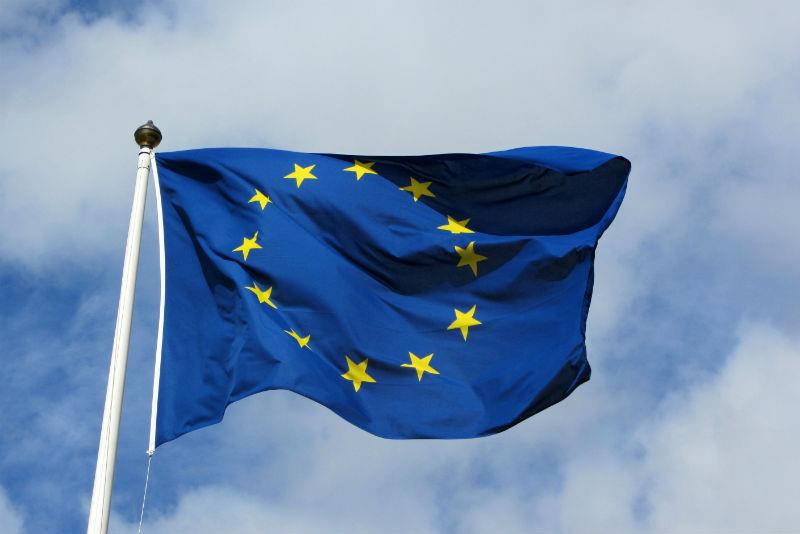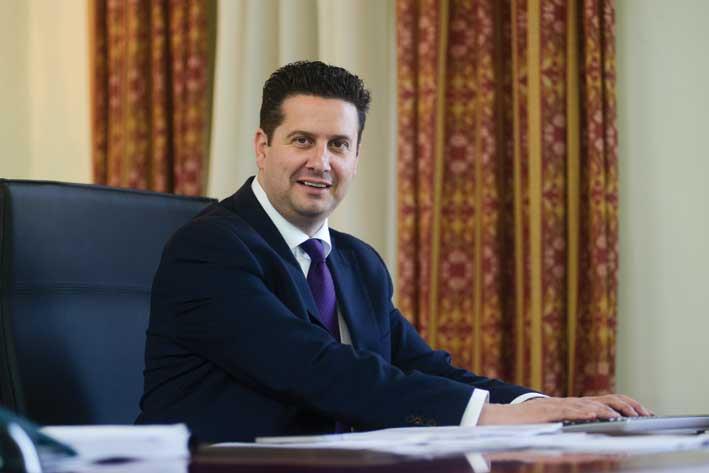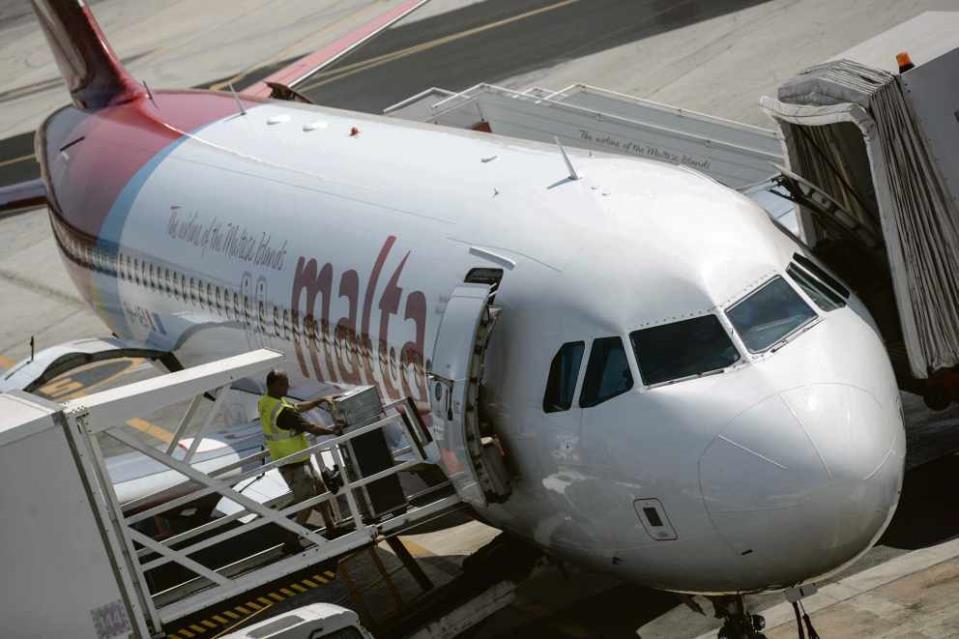Malta's ailing national airline, Air Malta, is preparing its final restructuring programme to present to the European Commission in a last-ditch attempt to salvage the airline from liquidation following the failed attempt to bring in new cash from Etihad through its investment in Alitalia.
Sources within the government confirmed to The Malta Independent on Sunday that the government is seeking approval from the EU to be able to issue early retirement schemes to a sizable number of its workforce. Its ultimate goal is to have a much leaner airline that could survive alone, at least until it is gobbled up by a giant airline the likes of Air China that is craving for a foothold in the EU.

Early retirement schemes constitute State Aid
The early retirement schemes are viewed as State Aid by the European Commission, which already closed an eye back in 2012 when the previous administration presented a restructuring programme intended to solve the airline's problems for good.
"Air Malta was on track but the airline business keeps changing. Much has been done, but not enough to keep the airline afloat," a senior government official said speaking on condition of anonymity.
Internal reports unmask an inflated workforce
Air Malta has been conducting studies and has presented the government with a detailed report, of which the human resources chapter is the most telling. Sources that have seen the report told this newsroom that the airline needs to cut down on its number of pilots and cabin crewmembers if it wants to have a fighting chance in the competitive airline business dominated by Ryanair and other airlines with similarly lean human resources models.
"We currently have 35 pilots who are grounded in offices, instead of flying aircrafts," a source said. "We also need to lose some cabin crew," The Malta Independent on Sunday was told.
"Ground handling, on the other hand, had been successfully restructured under the previous administration and will remain as is," the source says.

Flexibility, productivity and efficiency
In a meeting held with union officials and workers, Tourism Minister Edward Zammit Lewis had promised that the government would not be sacking anyone. Instead, it is negotiating with the European Commission to be able to issue voluntary retirement schemes from taxpayer's money.
Contrary to what has been reported in other sections of the media, it is Minister Zammit Lewis who is still very much in control of the airline. Deputy Prime Minister Louis Grech, who once headed Air Malta as executive chairman for many years, is lobbying with the Commission on the State Aid issue, as it falls under his remit as Minister responsible for EU Affairs. Speaking on ONE TV, the Prime Minister lauded Dr Zammit Lewis for his work and attitude on this sensitive issue, underlining that he is still in charge of the airline.
Back in August, Dr Zammit Lewis successfully lobbied with workers' unions to achieve flexibility, productivity and efficiency from all sectors employed with Air Malta.
"Our chairperson Maria Micallef and former CEO Philip Micallef were instrumental in this crucial development, which could have spelled the end of Air Malta had the workers not accepted a departure from their collective agreements," a high-ranking officer at the airline said.
Needless to say, such a request would have never been accepted under a Nationalist administration, considering that the General Workers' Union holds the representative majority at Air Malta, while the pilot's union, ALPA, was at loggerheads with the previous administration most of the time.

Foreign experts drafting a restructuring plan
Now that the government has full flexibility from the airline's workers, it has engaged a team of foreign experts to draft a new restructuring plan to be presented to the European Commission.
This newspaper is told that such a plan will forecast a break-even operation in three years' time, unless a strategic partner is engaged earlier and injects cash into Air Malta. The airline will be much leaner with barely any assets and with a significantly reduced workforce. It will continue to lease aircraft according to market demands, while hoping to retain significant routes and time slots that will give it reason to exist.

Why Air Malta?
Malta has been operating its own airline since the early 1970s when, led by Prime Minister Dom Mintoff and Chairman Albert Mizzi, Air Malta spread its wings. But over the years the airline became a political caldarium, with both administrations contributing to its oversize workforce and a mountain of debt.
After several attempts during the previous administrations of Eddie Fenech Adami, Alfred Sant and Lawrence Gonzi to safeguard the national interest and keep Air Malta afloat, the hotel industry lobbied heavily to bring in low cost airline Ryanair, which today contributes to more than 50 per cent of the tourism sector.
With an ever-dominant Ryanair and the failure of other national airlines, the question of whether Malta should give up on Air Malta altogether, like Ireland and Cyprus did with their national airlines, began to be asked. Strategically Air Malta serves the nation both in terms of passengers and in terms of cargo. A nation without an airline will be totally dependent on the private sector, and will have limited control over what flies in and out of the country.
The government has declared it will ensure that Air Malta continues to fly, in the national interest, but between sugar-coated declarations and deliverance there is a huge gap that is proving extremely hard to fill.